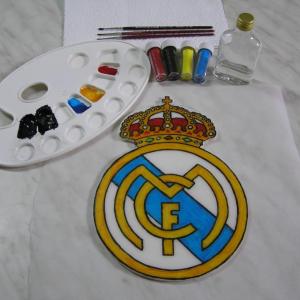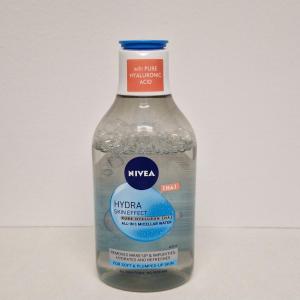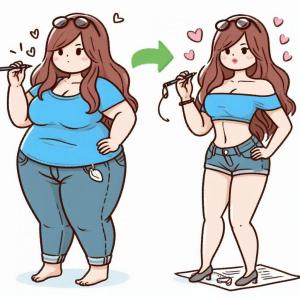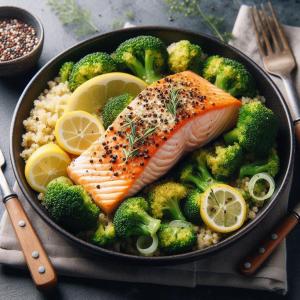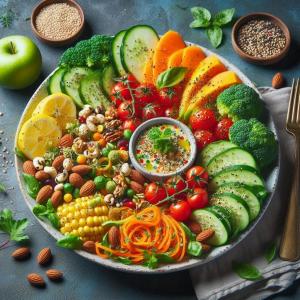
1. Ketogenic (Keto) Diet
-
Description: High-fat, moderate-protein, very low-carb diet that shifts the body into ketosis, burning fat for fuel.
-
Typical Foods: Meat, fatty fish, butter, eggs, avocados, nuts, oils, low-carb vegetables.
-
Pros: Effective for rapid weight loss, reduces appetite, can improve insulin sensitivity.
-
Cons: Can cause "keto flu" (initial fatigue, headache), nutrient deficiencies if not balanced, requires careful monitoring.
2. Intermittent Fasting (IF)
-
Description: Alternating periods of eating and fasting. Common methods include 16/8 (16 hours fasting, 8 hours eating) and 5:2 (5 days normal eating, 2 days restricted calories).
-
Typical Foods: No specific foods required, but focus on nutrient-dense, whole foods during eating periods.
-
Pros: Can help reduce calorie intake, improves metabolic health, flexible.
-
Cons: May cause hunger, dizziness, and fatigue during fasting periods; not suitable for everyone (e.g., those with eating disorders).
3. Low-Carb Diet
-
Description: Limits carbohydrates, emphasizing protein and fat. Less restrictive than keto but still focuses on reducing carbs.
-
Typical Foods: Meat, fish, eggs, low-carb vegetables, nuts, seeds, full-fat dairy.
-
Pros: Reduces appetite, effective for quick weight loss, easier to maintain than keto.
-
Cons: May cause initial fatigue, requires balancing carbs with fiber and nutrients.
4. HMR Program
-
Description: Structured meal replacement program involving shakes, entrees, and fruits/vegetables to reduce calorie intake.
-
Typical Foods: HMR shakes, packaged entrees, additional fruits and vegetables.
-
Pros: Simplifies meal planning, high success rates for weight loss.
-
Cons: Can be expensive, relies on processed meal replacements.
5. Optavia Diet
-
Description: Meal replacement program with packaged "fuelings" combined with one "lean and green" meal per day.
-
Typical Foods: Optavia fuelings (shakes, bars, snacks), one homemade meal with lean protein and vegetables.
-
Pros: Structured and easy to follow, rapid initial weight loss.
-
Cons: Costly, highly processed foods, limited long-term sustainability.
6. VLCD (Very Low-Calorie Diet)
-
Description: Consuming 800 calories or less per day, usually under medical supervision.
-
Typical Foods: Meal replacements, shakes, limited whole foods.
-
Pros: Can lead to rapid weight loss, often used for severely obese individuals.
-
Cons: Requires medical supervision, risk of nutrient deficiencies, not sustainable long-term.
7. Atkins Diet
-
Description: Low-carb diet with phases ranging from very low to moderate carb intake.
-
Typical Foods: Meat, fish, eggs, high-fat dairy, low-carb vegetables, nuts, seeds.
-
Pros: Effective for weight loss, flexibility in carb intake as you progress.
-
Cons: Initial phase can be restrictive, potential for unbalanced nutrient intake.
8. Military Diet
-
Description: 3-day diet followed by 4 days of normal eating, with strict calorie and food restrictions during diet days.
-
Typical Foods: Specific foods like eggs, toast, tuna, apples, cottage cheese, ice cream.
-
Pros: Short-term weight loss, easy to follow due to specific meal plans.
-
Cons: Highly restrictive, potential for muscle loss, not balanced or sustainable.
9. Whole30
-
Description: 30-day program eliminating sugar, alcohol, grains, legumes, dairy, and processed foods.
-
Typical Foods: Meat, seafood, eggs, vegetables, fruit, nuts, and seeds.
-
Pros: Promotes whole foods, can identify food sensitivities, potential for weight loss.
-
Cons: Restrictive, may cause nutrient deficiencies, challenging to maintain.
Considerations for Rapid Weight Loss Diets
-
Nutritional Balance: Ensure the diet provides essential nutrients to avoid deficiencies.
-
Sustainability: Consider whether you can maintain the diet long-term or if it leads to yo-yo dieting.
-
Medical Conditions: Consult a healthcare provider, especially if you have underlying health issues.
-
Lifestyle Fit: Choose a diet that fits your lifestyle and preferences to increase adherence.
Recommendations
-
Combine with Exercise: Pairing diet with regular exercise enhances weight loss and overall health.
-
Monitor Progress: Track your weight, body measurements, and how you feel.
-
Hydrate: Drink plenty of water to support metabolism and reduce hunger.
-
Avoid Extreme Caloric Deficits: Severe calorie restriction can harm metabolism and muscle mass.
Final Thoughts
For rapid weight loss, Keto, Intermittent Fasting, and Low-Carb diets are among the most popular and researched options. However, it's crucial to prioritize a balanced approach and consult with a healthcare provider to ensure safety and effectiveness. Sustainable weight loss involves gradual changes and adopting a healthy lifestyle rather than relying solely on quick-fix diets.



